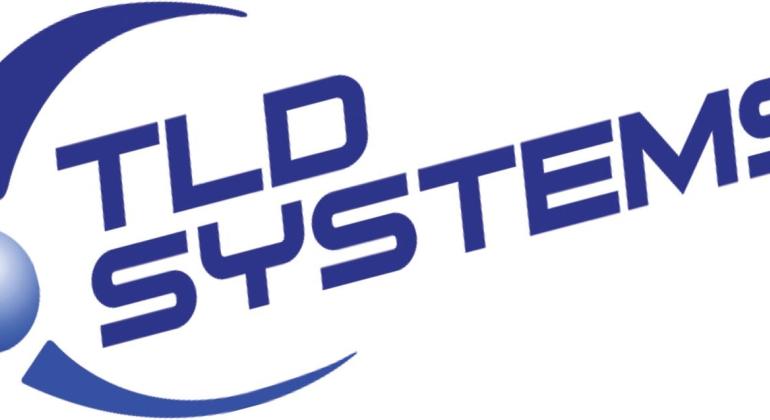- Helping you with HIPAA Security Solutions.
AI
Artificial Intelligence

AI
The Role of AI in Hospitals
Hospitals are investing more money in AI and Nursing groups are claiming that this sacrifices quality of care. Hospitals claim that the AI is well researched and does not compromise quality of patient care.
Read More
AI
AI in Medical Transcription
Healthcare not only accounts for a large part of the US economy (about 20%) but also, usually, enjoys decent profit margins. So it should be no surprise that entrepreneurs have an interest in using AI to tackle healthcare problems.
From reading x-rays, to predicting heart disease, to understanding protein binding, AI or AI-using applications have enjoyed considerable success in specialized areas. This article discusses the potential for using AI in medical transcription which, if successful and interconnected, could improve healthcare across the board.
Read More
AI
AI Prospects
AI now has business and innovation momentum not seen since at least the internet bubble and, given the greater diffusion speed of technology now, perhaps ever. The question is, will it last and lead to a Kurtweilian singularity or will it soon die out?
Read More
AI
Are Transformers Transformative?
The successes of new AI technology have received a great deal of attention of late. And, of course, these include applications in healthcare. But this is not the first time of great hope that AI will finally contribute to improved care at lower cost, and prior episodes did not end with much to show.
Read More
AI
The Accuracy of Medical Apps
This article attempts to summarize existing research on the accuracy of diagnosing apps (usually described as 'symptom checkers, SC). Given the novelty of shuch apps, the literature is neither large nor well-focused. And while it is at least all relatively recent, given the speed of app development, it is not clear it is recent enough.
Read More
AI
Developments of AI in Healthcare
To try and predict how useful AI may prove in healthcare, it is useful to first understand the types of problems were it may be helpful. There are a number of ways in which scientist and engineers can classify problems, but the four most important for this discussion
1) whether we have a good understanding of the problem (i.e., can we model it mathematically),
2) how many variables there are,
3) whether there is an underlying structure to the data, and
4) how much data we have on a given problem and it's quality.
Read More

